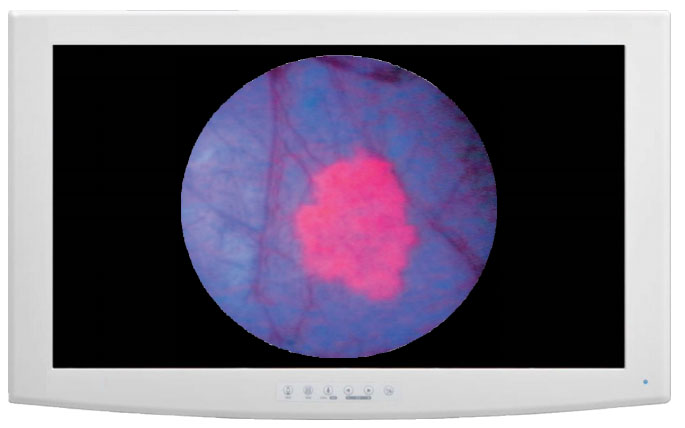Nanotechnology Used to Hunt for Hidden Pathogens
Source: ScienceDaily (4/9/12)
"The new nanoparticle-based technique may be used to detect microbes that have challenged scientists for centuries because they hide deep in human tissue and are able to reprogram cells to successfully evade the immune system."
ScienceDaily
Researchers at the University of Central Florida have developed a novel technique that may give doctors a faster and more sensitive tool to detect pathogens associated with inflammatory bowel disease, including Crohn's disease.
The new nanoparticle-based technique also may be used for detection of other microbes that have challenged scientists for centuries because they hide deep in human tissue and are able to reprogram cells to successfully evade the immune system.
The microbes reappear years later and can cause serious health problems such as seen in tuberculosis cases. Current testing methods to find these hidden microbes exist, but require a long time to complete and often delay effective treatment for weeks or even months.
UCF Associate Professor J. Manuel Perez and Professor Saleh Naser and their research team have developed a method using nanoparticles coated with DNA markers specific to the elusive pathogens. The technique is effective and more accurate than current methods at picking up even small amounts of a pathogen. More important, it takes hours instead of weeks or months to deliver results, potentially giving doctors a quicker tool to help patients.
"Our new technique has surpassed traditional molecular and microbiological methods," said Naser, a professor at the UCF College of Medicine. "Without compromising specificity or sensitivity, the nano-method produced reliable and accurate results within hours compared to months". . .View Full Article
Researchers at the University of Central Florida have developed a novel technique that may give doctors a faster and more sensitive tool to detect pathogens associated with inflammatory bowel disease, including Crohn's disease.
The new nanoparticle-based technique also may be used for detection of other microbes that have challenged scientists for centuries because they hide deep in human tissue and are able to reprogram cells to successfully evade the immune system.
The microbes reappear years later and can cause serious health problems such as seen in tuberculosis cases. Current testing methods to find these hidden microbes exist, but require a long time to complete and often delay effective treatment for weeks or even months.
UCF Associate Professor J. Manuel Perez and Professor Saleh Naser and their research team have developed a method using nanoparticles coated with DNA markers specific to the elusive pathogens. The technique is effective and more accurate than current methods at picking up even small amounts of a pathogen. More important, it takes hours instead of weeks or months to deliver results, potentially giving doctors a quicker tool to help patients.
"Our new technique has surpassed traditional molecular and microbiological methods," said Naser, a professor at the UCF College of Medicine. "Without compromising specificity or sensitivity, the nano-method produced reliable and accurate results within hours compared to months". . .View Full Article


























































